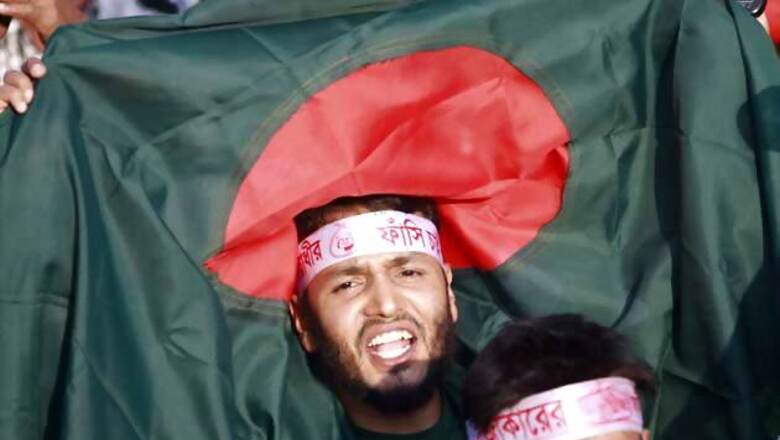
views
In another blow to Bangladesh's fundamentalist Jammat-e-Islami, the cabinet, on Monday, decided to strip the voting rights of people convicted of "crimes against humanity" during the 1971 liberation war.
"The cabinet has approved the proposal to permanently erase from the voters list the names of those convicted under the Bangladesh Collaborators (Special Tribunals) Order 1972 and the International Crimes Act," Cabinet Secretary Mosharraf Hossain Bhuiyan told reporters.
He said the cabinet meeting chaired by Prime Minister Sheikh Hasina endorsed the draft law that suggested that the name of a person would be removed from the electoral roll or would not be included in the voters list if he or she was found guilty by the Bangladesh's International Crimes Tribunal under the two laws.
Jamaat-e-Islami was opposed to Bangladesh's 1971 independence and the party was criticised for carrying out genocides and atrocities siding with the Pakistani troops.
The High Court recently banned the fundamentalist party from taking part in the next elections, saying it violated the country's secular democratic principles.
A special tribunal trying the war criminals earlier dubbed it a "criminal organisation" for its role in 1971 war while the verdict was currently being pending for review in the apex court.
Jamaat was banned soon after Bangladesh's independence while several of its leaders including the then chief of the party's East Pakistani wing Ghulam Azam was stripped off their citizenship.
But the party returned to politics after a coup on August 15, 1975 which toppled the post independence Awami League government.
Azam too got back his citizenship under a subsequent High Court verdict as he returned home with a Pakistani passport in late 1970s.
Several top Jamaat leaders, including its 91-year-old supremo Azam, were recently sentenced either to death or long jail terms for committing atrocities like genocide and mass murder during the war.
The cabinet decision today came as Jamaat accused the government of hatching a plot to eliminate the party.
The draft law will now be placed for approval before the Parliament during the next session which begins on September 12.










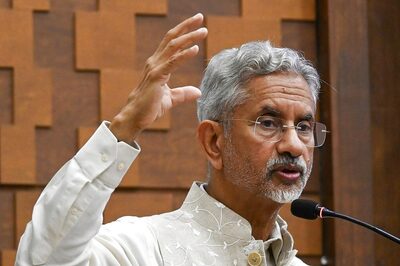

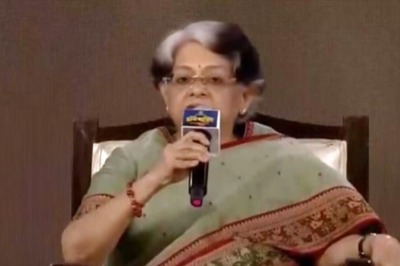

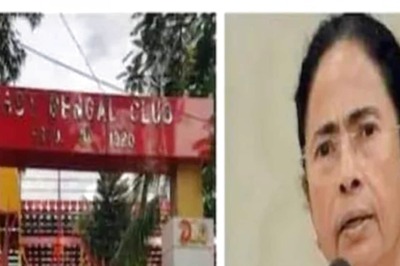
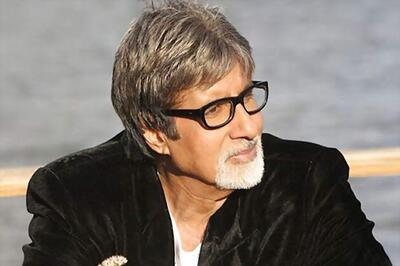


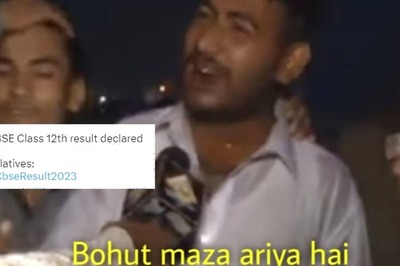
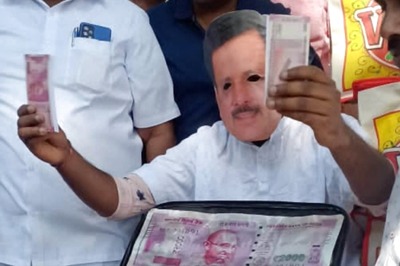
Comments
0 comment